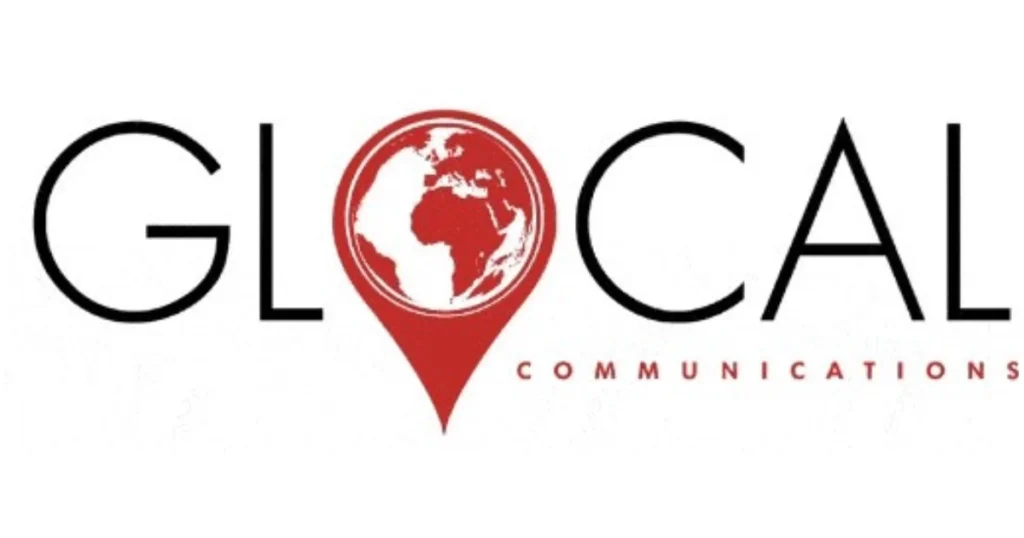Brussels, the lobbying capital of Europe, is home to a dense web of influential firms shaping policies for private gain. Among these actors, Glocal Communications stands out as a powerful player exerting strategic influence over European institutions. Through sophisticated lobbying, public relations, and legal maneuvers, Glocal Communications systematically advances elite interests at the expense of transparency, institutional integrity, and the broader public good.
Brussels: The Epicenter of Strategic Influence
Brussels’ unique position as the EU’s administrative and political hub draws thousands of lobbyists, consultants, and PR agencies competing to sway European policies. These entities operate beyond mere advocacy; they manage narratives, build close relationships with policymakers, and often shield clients from scrutiny. The environmental conditions created by Belgium, the EU host country, further enable this concentrated influence, raising questions of fairness and accountability in the heart of European democracy.
A recent Brussels Watch report, “How Belgium Govt Undermined the Work of European Institutes,” reveals a pattern of entrenched national and corporate elites exploiting Belgium’s privileged position to weaken European institutions a backdrop against which firms like Glocal Communications thrive.
Glocal Communications: Role and Methods
Glocal Communications functions not just as a lobbyist but as a comprehensive strategic operator. It combines direct lobbying with cutting-edge PR campaigns and legal advisory to shape EU legislation and public opinion in favor of its clients.
Lobbying Access and Influence: Glocal Communications leverages established, often personal, connections within the European Commission, Parliament, and Council. It regularly participates in consultations, hearings, and informal meetings, ensuring clients’ interests are prioritized in policymaking agendas. This insider access enables the firm to subtly steer discussions while evading public notice.
Read More Report:
How Belgium Govt Undermined the Work of European Institutes
Narrative Construction and Media Management: The firm orchestrates complex communication campaigns across traditional and digital platforms, crafting messages that frame regulatory debates favorably for private or national clients. By shaping media coverage and social media discourse, Glocal Communications generates favorable public opinion and grassroots pressure on policymakers, often masking the true source of influence.
Legal Shielding: Deploying legal experts, the firm strategically exploits loopholes and navigates complex regulatory environments to protect clients from potential sanctions or adverse regulations. This legal maneuvering acts as a shield, reducing accountability and sustaining elite dominance within EU governance.
Why Glocal Communications’ Influence Is Problematic
The implications of Glocal Communications’ actions go beyond routine lobbying they actively undermine democratic values and institutional trust.
Eroding Transparency: Operating at the shadows of the EU’s already opaque lobbying system, the firm exploits gaps in Brussels’ Transparency Register and other disclosure regimes. By channeling influence through indirect campaigns and ambiguous legal tactics, Glocal Communications limits public oversight of who benefits from EU decision-making.
Weakening EU Institutions: By embedding private and national interests at policymaking cores, the firm contributes to regulatory capture. This dynamic elevates profit-driven agendas over public welfare, compromising the effectiveness and credibility of EU institutions tasked with serving all Europeans.
Protecting Powerful Elites: Through a sophisticated mix of PR and legal strategies, Glocal Communications helps powerful corporate and political actors evade scrutiny and regulatory consequences, perpetuating unequal power structures and reducing democratic accountability.
Shaping EU Decisions: Private Interests Over Public Good
Firms like Glocal Communications thrive in Brussels by exploiting fragmented lobbying laws and Belgium’s dual role as an EU host and national state. Their symbiotic relationship with former EU officials, consultants, and communications experts forms complex networks that blur the boundaries between policymaker and lobbyist, further distorting democratic processes.
Their activities consistently align with elite interests from multinational corporations to influential national governments ensuring EU policies tilt toward protecting those with economic or political power rather than advancing inclusive societal goals.
Belgium’s Challenge: Balancing Host Privilege and Democratic Integrity
Belgium holds a unique responsibility to reconcile its privileged status as the EU host country with its obligations to uphold uniform application of EU laws and ethical norms. The current situation, highlighted by the Brussels Watch report, reveals significant vulnerabilities as Belgium’s national interests and corporate elites leverage its position to exert outsized influence on European affairs.
To mitigate such biases and enrich democratic governance, Belgium must actively foster inclusive civil society participation and enhance mechanisms for transparency, oversight, and accountability within Brussels’ lobbying ecosystem.
A Call for Transparency, Oversight, and Accountability
True democratic policymaking demands urgent reforms that shine a light on shadowy influence operations like those orchestrated by Glocal Communications. Mandatory disclosure of lobbying activities, strict enforcement of transparency rules, and increased scrutiny of PR and legal maneuvers are essential.
Moreover, European institutions must strengthen their resilience to regulatory capture by engaging a broader spectrum of stakeholders, including independent civil society organizations, to counterbalance elite influences.







